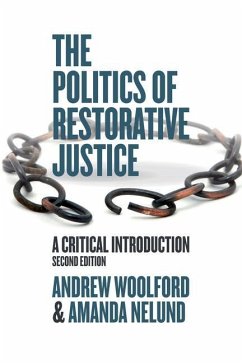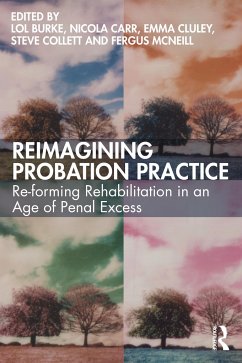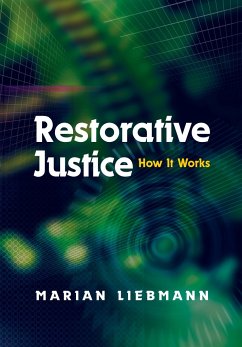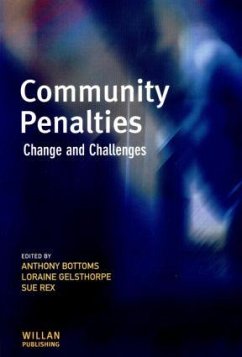Nicht lieferbar
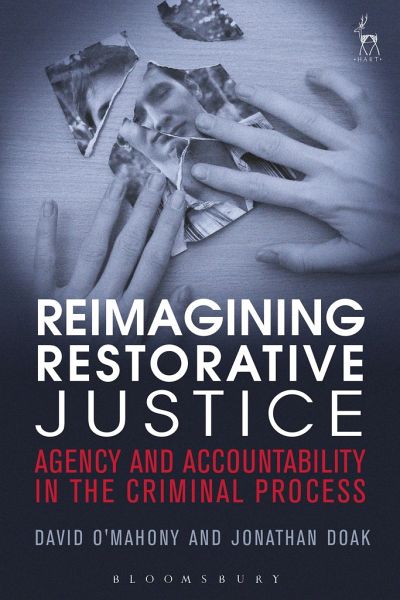
Reimagining Restorative Justice
Agency and Accountability in the Criminal Process
This book offers a comprehensive analysis of how mediation and restorative practice have developed in theory and how the theory can be related to the most recent international experiences of what works and how it works.





